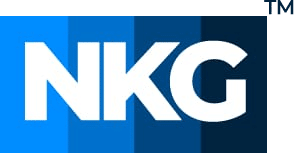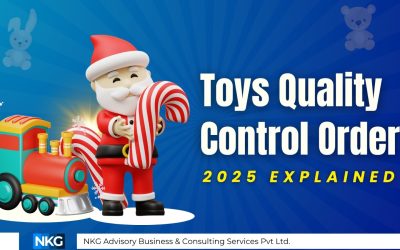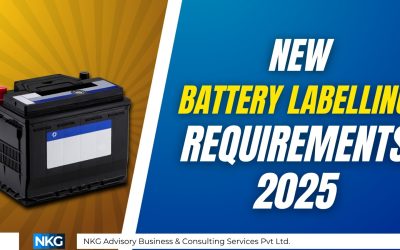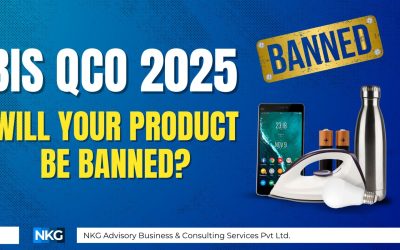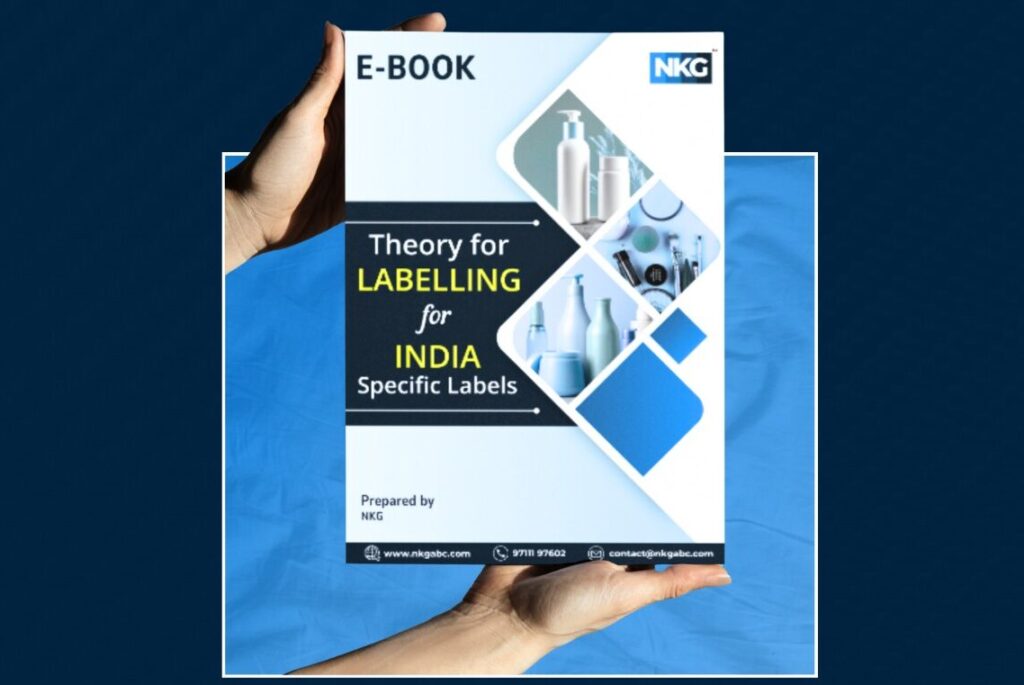Introduction
As the demand for comfort-driven home appliances grows, Flexible Heating Appliances like electric blankets, heating pads, and heated clothing have become household essentials. However, with convenience comes responsibility; manufacturers and importers must comply with the mandatory BIS certification requirements to sell these products legally in India.
Under the Quality Control Order (QCO) issued by the Bureau of Indian Standards (BIS), certification is now mandatory for all flexible heating appliances used in domestic and similar applications. If you’re a manufacturer or importer, now is the time to act. Non-compliance could not only restrict your access to the Indian market but also result in legal consequences and product bans.
Why BIS Certification is Crucial for Flexible Heating Appliances
1. Safety for End-Users
Flexible heating appliances operate through direct body contact and generate heat, making safety critical. BIS certification ensures the appliance meets standards to prevent hazards such as electrical shocks, burns, and overheating, protecting the consumer from potential harm.
2. Legal Compliance
The ISI mark under BIS is now a mandatory requirement for electric blankets, heating pads, and similar flexible heating appliances sold in India. Without this certification, products cannot be legally distributed or sold.
3. Boosts Consumer Confidence
In a competitive market, products with a BIS mark are automatically perceived as safer and more reliable. Certification builds trust among customers and enhances your brand’s reputation and marketability.
4. Access to Indian and Global Markets
A BIS-certified product not only satisfies Indian regulations but also opens doors to international compliance standards, making flexible heating appliances more export-ready and competitive in global markets.
5. Ensures Product Consistency
BIS certification involves regular audits and product testing, ensuring consistent product quality and helping brands avoid product recalls, customer complaints, and regulatory pushback.
Applicable Indian Standard for Flexible Heating Appliances
| Product Name | Flexible Heating Appliances |
| Applicable Indian Standard | IS 302 (Part 1): 2008 |
| Applicable Certification Scheme | Product Certification Scheme (ISI Mark Scheme) Scheme 1 – Schedule 2 |
| Compliance Requirement | Mandatory |
| QCO Link | Quality Control Order |
| Scope as per Standard | This standard covers the requirements for Flexible Heating Appliances |
Note – Provided that nothing in this Order shall apply to goods or articles manufactured domestically for export:
Products Covered Under This Category
The following products fall under the BIS scope for flexible heating appliances:
- Electric Blankets
- Heating Pads (medical and comfort use)
- Heated Clothing (jackets, gloves, etc.)
- Flexible heating wraps and cushions
- Similar heating appliances with flexible form factors
BIS Certification Deadlines – Know Where You Stand
While obtaining BIS certification is crucial, manufacturers must ensure their ISI mark is properly displayed on their products. The ISI mark signifies that a product has passed quality checks and complies with Indian safety standards. Understanding these key points can surely help manufacturers stay compliant.
- Medium and Large Enterprises: Compliance mandatory by March 17, 2025.
- Small Enterprises: Compliance is required by June 17, 2025.
- Micro Enterprises: Compliance is required by September 17, 2025.
If you’re a small or micro-enterprise, it’s essential to begin the BIS certification process now to avoid last-minute delays, application rejections, or loss of business.
Your Step-by-Step Guide for BIS Registration Process (Foreign Manufacturer Under FMCS)- Download Now
Download our simplified step-by-step guide to understand how to get BIS Certification (Under FMCS) for Flexible Heating Appliances and what documents are required. Streamline your licensing journey and ensure compliance with ease.
Your Step-by-Step Guide for BIS Registration Process (Indian Manufacturer)- Download Now
Download our simplified step-by-step guide to understand how to get BIS Certification for Flexible Heating Appliances (for Indian Manufacturers) and what documents are required. Streamline your licensing journey and ensure compliance with ease.
Surge in Flexible Heating Appliance Demand
With increased awareness of health, wellness, and comfort, more consumers are turning to flexible heating appliances for pain relief, cold-weather protection, and therapeutic use. This trend is especially prominent in colder regions and among elderly users.
Why this matters for manufacturers:
- More scrutiny from regulatory bodies
- Increased customer expectations for safety
- A rapidly growing but regulated market segment
Investing in BIS certification now will future-proof your brand and set you apart from non-compliant competitors.
Avoid These Common Mistakes
- Delaying the application till the last minute
- Submitting incomplete documentation
- Not using BIS-recognized labs for testing
- Overlooking product scope mismatches
- Ignoring changes in compliance requirements
A professional certification partner can help ensure a seamless and error-free certification process.
Conclusion
In today’s regulated and safety-conscious market, securing BIS certification for your blankets, pads, clothing, and similar flexible heating appliances is not optional; it’s essential.
With the March 2025 deadlines already kicked in, don’t risk your brand’s reputation or market access by delaying. Ensure your products comply with the standards and take your place confidently in the booming Indian market for flexible heating appliances.
Don’t wait until it’s too late. Begin your BIS certification process now and ensure your products are ready for a safer, more regulated future in Indian and global markets.
Looking for more insights on compliance, certifications, and industry updates? Explore our blog page for expert guidance and actionable information. Visit Now
